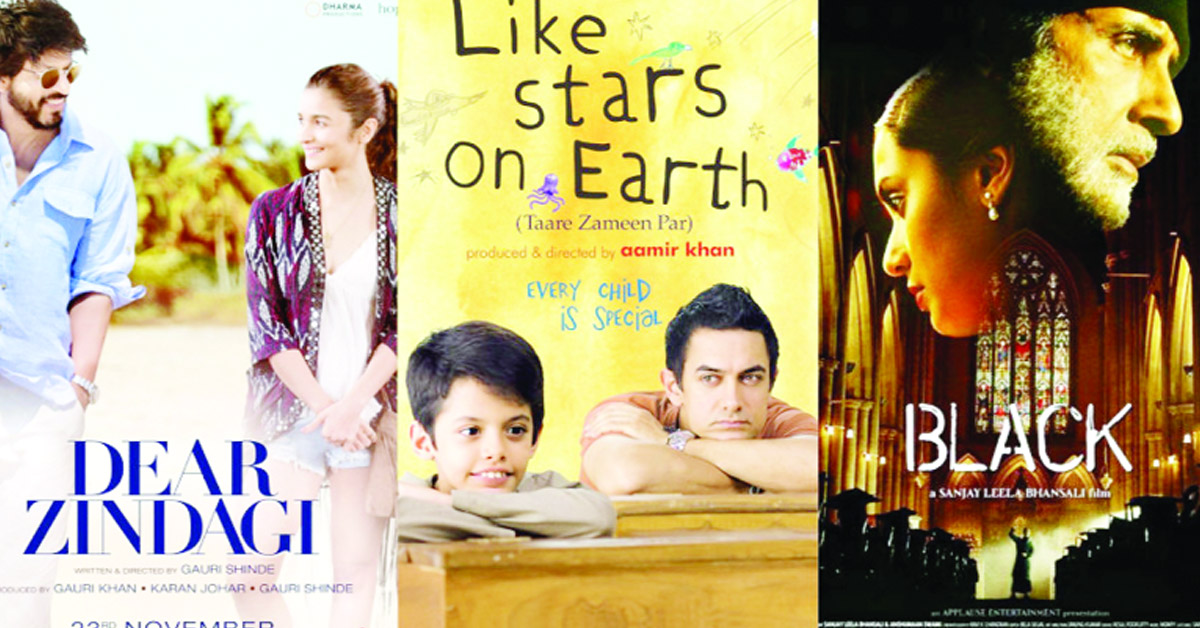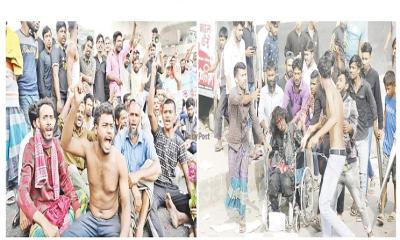Mental health has always been heavily stigmatised within the Indian subcontinent. This is particularly the case in the mainstream media, where we often see misguided portrayals of the issue, often being showcased as `madness` rather than a health issue.
In the past, mental health has often been reduced to a sub-plot, solely for entertainment purposes. This exacerbation of pre-existing stigmas, often through `crazy` characters—usually destined to be sent off to an asylum—is a common theme in Bollywood.
With the times changing, coupled with more awareness, Bollywood filmmakers began making a serious effort to address mental health with more sympathy and knowledge. This shift was important, because films have the power to influence the general opinions of the public.
Representations of mental health issues in Indian films date back to 2005, with Aparna Sen`s classic "15 Park Avenue". This film revolves around the life of Meethi, a schizophrenic, played by Konkona Sen Sharma. It brilliantly explores the impact of the disease on her life, her family, and her relationships, and it is one of the very first films attempting to destigmatise this sensitive issue.
With each layer of the story fleshing out a new perspective about the protagonist, "15 Park Avenue" provides specificity and a much-needed representation of someone living with schizophrenia. Sen personally regarded this to be her most `honest` film, given that she had first-hand experiences of dealing with similar trauma. In the same year, Sanjay Leela Bhansali presented his viewers with "Black.






